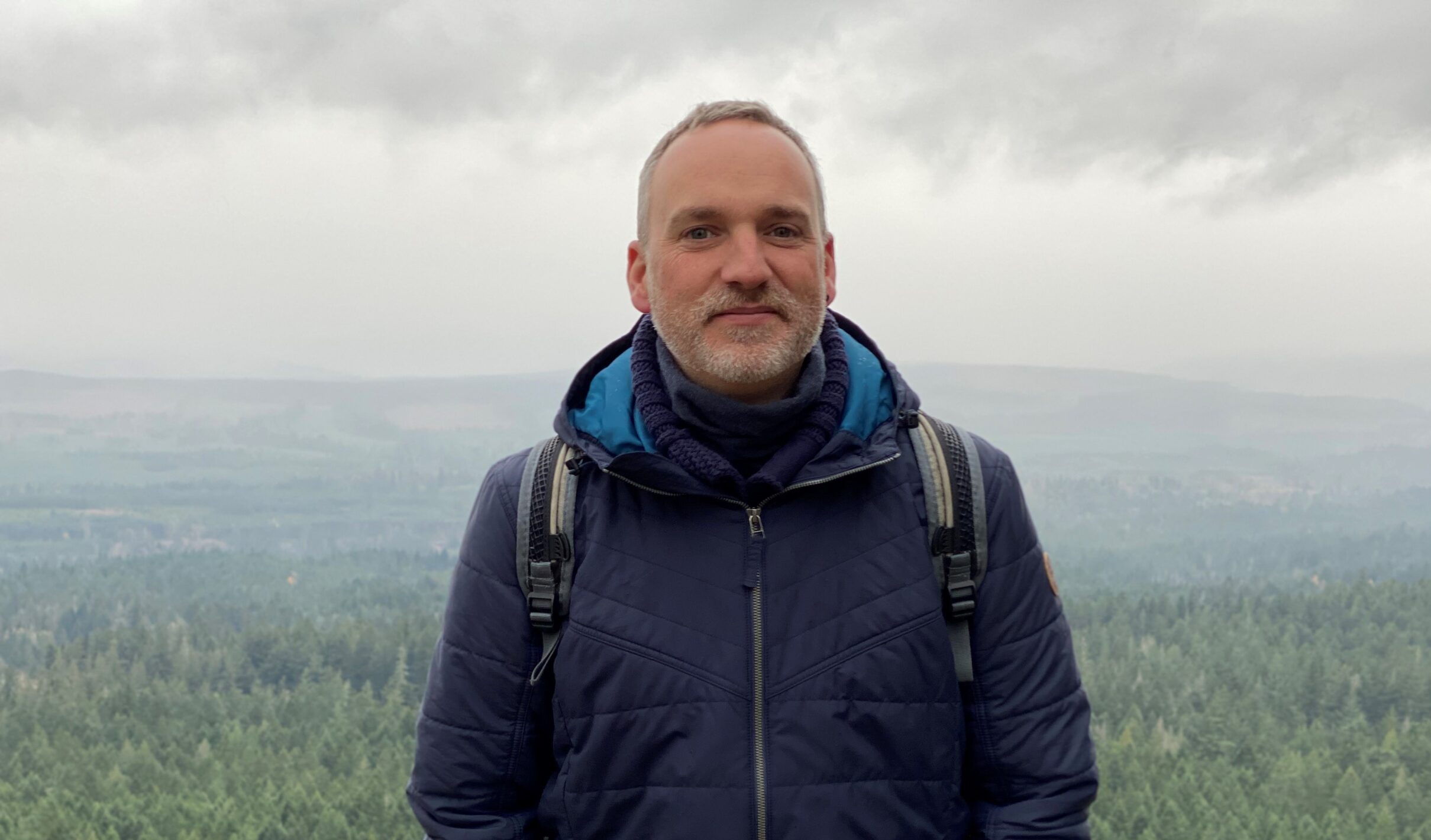
Building positive workplace relationships
This page includes guidance and support on how to build positive relationships in the workplace, with a short self-study module to help you cement learnings. …

Paul Scott-Harris shares his advice for supporting LGBTQ+ colleagues and experience of looking for work outside of the UK.
He currently works as a Clinical Pharmacist. Paul describes himself as incredibly passionate about the profession, particularly managing a team and leading change, and is excited about the potential future of pharmacy, especially in leading change in inclusion and diversity. We caught up with Paul to understand his views on supporting our LGBTQ+ pharmacy family.
From being a member of the LGBTQ+ community I personally haven’t experienced any difficulties. However, I have experienced some challenges whilst practicing as a pharmacist working with members of the LGBTQ+ community.
I have needed to have conversations with patients where prescriptions are addressed as “Mr” or “Miss” when the patient has or was transitioning to another sex and hormone medications were being prescribed. The need to discretely ask the patient if a mistake had been made on their prescription wasn’t only uncomfortable, but I felt it wasn’t right that they had to declare their “status”. I’ve also felt a little out of my depth understanding what dose I ought to supply to a patient, considering they’re undergoing a period of transition.
There can also be difficulties within pharmacy teams surrounding inclusion and diversity. Regrettably, I have witnessed pharmacy team members laughing and pointing at transgender patients and customers. Of course, this is not only unprofessional, but it would also isolate LGBTQ+ colleagues.
Supporting the LGBTQ+ community can come from what may seem even the smallest changes but have a big impact.Paul Scott-Harris
In my experience as a pharmacist, there needs to be a better system on prescriptions so that the ‘status’ of the patient is better understood by the healthcare professional.
For pharmacy teams, mandatory inclusion training could give staff the tools and knowledge to better support the LGBTQ+ community, whether it be members of their own team or the general public. Supporting the LGBTQ+ community can come from what may seem even the smallest changes but have a big impact. For example using the terminology “they” or “them” rather than “he” or “she”. Not all LGBTQ+ people outwardly present as part of the community and so, you may not recognise the subtleties or potential insecurities.
Diversity is going to continue increasing in our modern society. Only training or exposure, open-mindedness and empathy will help grow mindsets about the LGBTQ+ community.
From my experiences, it’s important to consider there are many from the LGBTQ+ community who do not outwardly present as part of this community or discuss their personal lives at work. Be mindful about what conversations are happening in your teams and what tone they’re taking. The subtle nature of homophobia is quite present in society and although a conversation may be innocent or come from a place of learning, some may feel differently about that. This is why I advocate for structured, well-considered training which can provide safe and open discussions, particularly when the whole team is working on the same training. It would be a shared experience. Stonewall is a recognised charity with 30 years of experience working with LGBTQ communities and has some great resources that may be accessed for free.

This page includes guidance and support on how to build positive relationships in the workplace, with a short self-study module to help you cement learnings. …

Working in a pharmacy setting can be stressful. This page provides useful guidance and advice on looking after your wellbeing in the workplace.

This short self-study module covers the fundamentals of building assertiveness and is the first module of a two-part series.